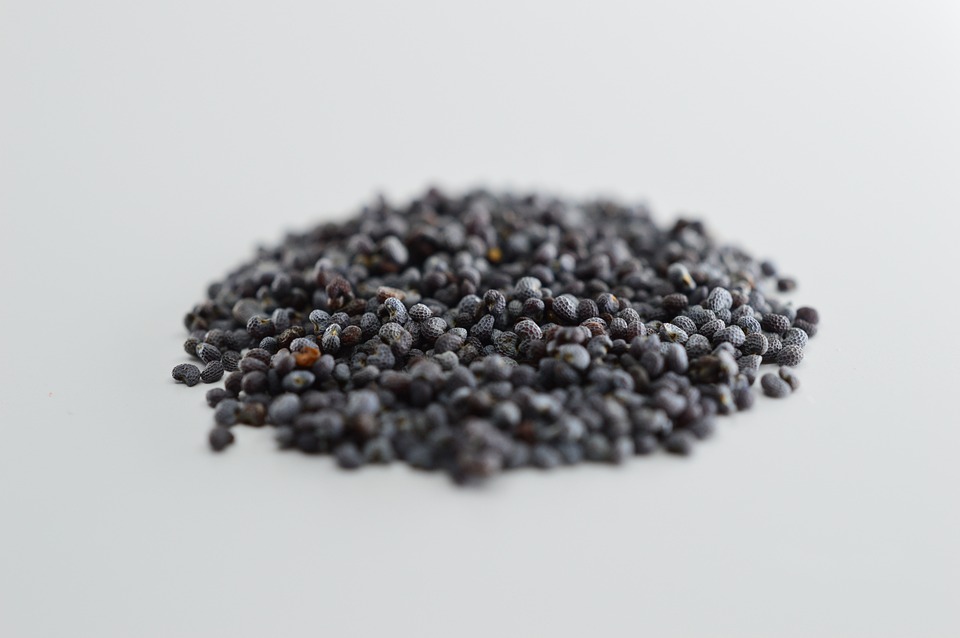The future of food is rapidly changing, and one of the key driving factors behind this change is the development and implementation of bioengineered ingredients in the food industry. Bioengineered ingredients, also known as genetically modified organisms (GMOs), have been a controversial topic for many years, but they are increasingly being accepted and even embraced as a way to revolutionize the way we produce and consume food.
One of the main benefits of bioengineered ingredients is their ability to increase crop yields and create plants that are more resistant to pests and diseases. This means that farmers can grow more food on less land, reducing the environmental impact of agriculture and helping to feed a growing global population. In addition, bioengineered ingredients can also help to reduce the need for chemical pesticides and fertilizers, further decreasing the environmental impact of food production.
Another key benefit of bioengineered ingredients is their potential to improve the nutritional content of food. For example, bioengineered crops can be modified to contain higher levels of essential nutrients such as vitamins and minerals, helping to combat malnutrition and improve overall public health. In addition, bioengineered ingredients can also be used to develop new functional foods that have specific health benefits, such as probiotics or omega-3 fatty acids.
Furthermore, bioengineered ingredients can also help to reduce food waste by creating crops that are more resilient to spoilage and decay. This means that food can be stored for longer periods of time without spoiling, reducing the amount of food that is thrown away and wasted. In addition, bioengineered ingredients can also help to create new food products that are more sustainable and environmentally friendly, such as plant-based alternatives to traditional animal products.
Despite these potential benefits, there are still significant challenges and concerns surrounding the use of bioengineered ingredients in the food industry. Many consumers are still wary of GMOs and may be hesitant to purchase products that contain them. Additionally, there are concerns about the long-term effects of consuming bioengineered ingredients, as well as potential impacts on biodiversity and ecosystem health.
However, as technology continues to advance and more research is conducted on the safety and efficacy of bioengineered ingredients, it is likely that their use will become more widespread in the food industry. Already, major food companies and agricultural producers are investing in research and development to create new bioengineered ingredients that can help to address some of the most pressing challenges facing the global food system.
In conclusion, the future of food is being shaped by bioengineered ingredients that have the potential to revolutionize the food industry in numerous ways. From increasing crop yields and improving nutritional content to reducing food waste and creating more sustainable products, bioengineered ingredients hold great promise for the future of food production and consumption. As we continue to explore the possibilities of bioengineering, it is important to carefully consider the potential benefits and risks of these ingredients and work towards creating a more sustainable and resilient food system for future generations.




